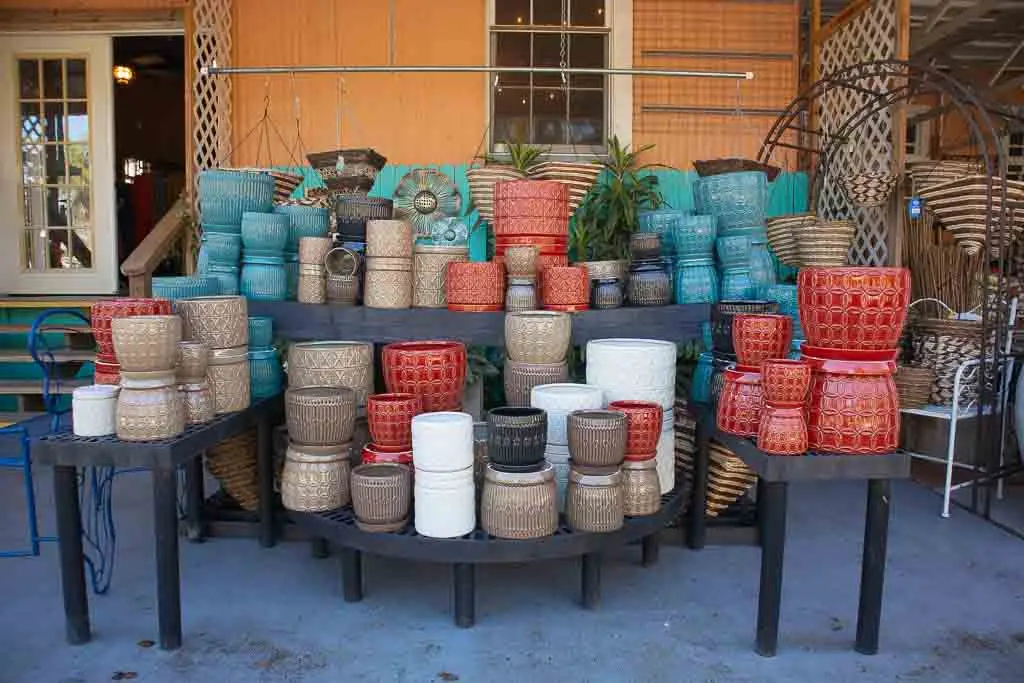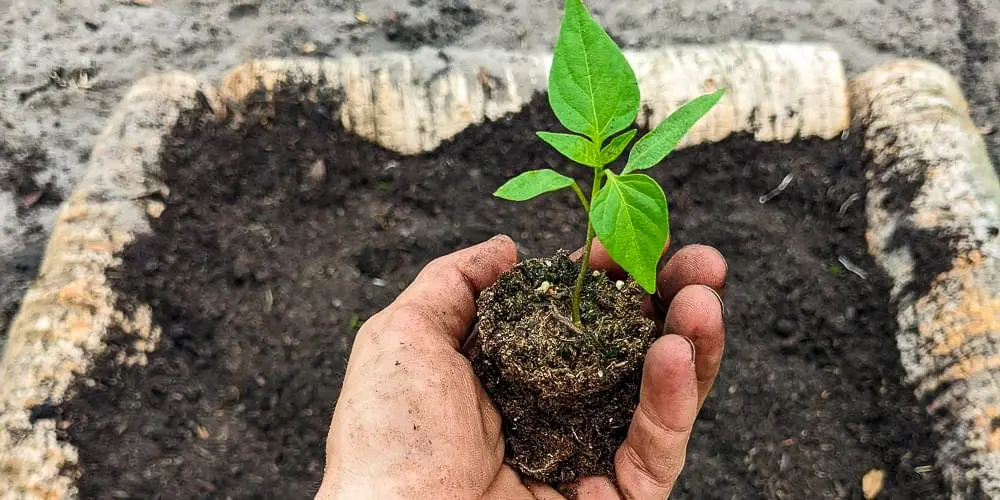By Amanda Rose Newton
When most people think about herb gardening, they imagine warm spring days and flourishing blooms. But in Central Florida, the gardening season has its own unique rhythm.

Cooler winter months offer a fantastic opportunity to start your herb garden, especially for sun-sensitive and thin-leafed herbs that thrive before the intense summer heat sets in. By starting early, you can enjoy a lush, hearty herb garden all spring and well into the year.
Why Start Early?
Central Florida’s mild winters provide an ideal growing window for herbs that might struggle under harsher summer conditions. Many herbs prefer cooler temperatures, as excessive heat can cause them to bolt (produce flowers and seeds prematurely), become bitter, or struggle to establish strong roots. Starting now gives you:
Healthier plants: Cooler weather allows herbs to grow slower and sturdier.
A head start: Early growth ensures herbs are well-established when the growing season peaks.
Extended harvests: You’ll be enjoying flavorful, fresh herbs long before others even start planting.
Best Herbs for Early Planting in Central Florida
Here are some herbs that thrive when started in cooler weather:

Cilantro – A classic herb for salsa and garnish, cilantro loves cooler temperatures and is prone to bolting in the heat. Start it now to get robust growth.
Dill – Thin, feathery leaves make dill a perfect candidate for cool-weather planting. It’s great for pickling, seasoning fish, or even as a pollinator attractor.
Parsley – Flat-leaf and curly parsley varieties grow best in mild weather and develop deep roots when started early.
Chives – Thin-leafed and sun-sensitive, chives thrive in cool weather and can produce all season if trimmed regularly.
Thyme – A hardy herb that’s perfect for cooler months, thyme adds incredible flavor to soups and roasts.
Oregano – Mediterranean herbs like oregano prefer mild temperatures and grow well when established early.
Tips for Success in Seed Starting Indoors
Starting herbs indoors is a great way to get a head start on your herb garden. Here’s how to set yourself up for success:
Choose the Right Containers: Use small pots, seed trays, or repurposed containers with good drainage. Herbs like to stay moist but not waterlogged.

Select Quality Seeds: Look for non-GMO, untreated seeds from reputable sources. Fresh seeds have higher germination rates.
Use Seed-Starting Mix: Regular potting soil can be too heavy for delicate seeds. Opt for a light, well-draining seed-starting mix.
Provide Adequate Light: Herbs need about 12-16 hours of light daily. Place them in a bright window or use grow lights to ensure they get enough energy to thrive.
Keep Soil Moist (But Not Soggy): Use a spray bottle to mist the soil regularly. Covering your seed trays with plastic wrap or a clear lid can help retain moisture until germination.
Maintain Optimal Temperatures: Most herbs germinate best between 65-75°F. Keep them in a warm spot but away from drafts.
Thin Seedlings: Once your seeds sprout, thin them to one plant per cell or pot to avoid overcrowding and competition.

Harden Off Before Transplanting: When it’s time to move your herbs outdoors, gradually acclimate them to outdoor conditions by placing them outside for a few hours each day over a week.
Planting Outdoors
Once your seedlings are ready to transition outside, make sure to:
Choose the Right Location: Most herbs prefer well-drained soil and at least 4-6 hours of sunlight daily. Morning sun is ideal in Florida’s climate to avoid the harshest afternoon heat.
Amend the Soil: Work in compost or organic matter to enrich the soil and improve drainage.
Mulch to Retain Moisture: Mulching helps keep soil temperatures stable and conserves moisture, which is vital for young plants.
Water Regularly: Herbs need consistent watering, especially as they’re establishing roots. Water early in the day to reduce evaporation.
Enjoying Your Early Herb Garden
Herb gardening in February will rewarded with vigorous, flavorful plants that provide fresh ingredients for your kitchen and a delightful fragrance for your garden. Whether you’re snipping chives for your morning omelet or gathering parsley for a homemade tabbouleh, the effort you invest in early herb gardening will pay off all year long.
So, grab some seeds, set up your indoor growing station, and let the cooler weather work to your advantage.


